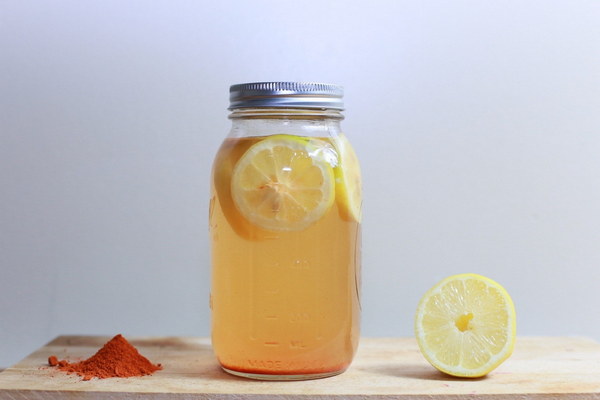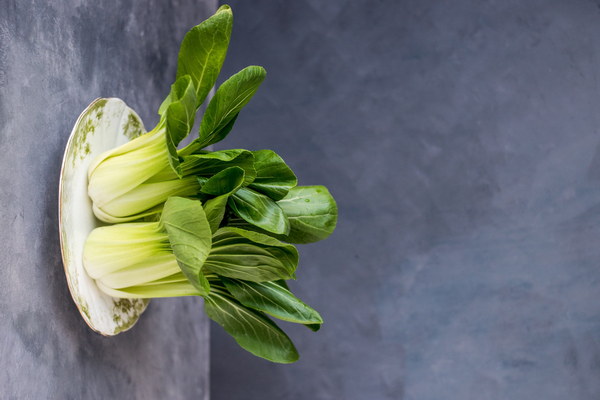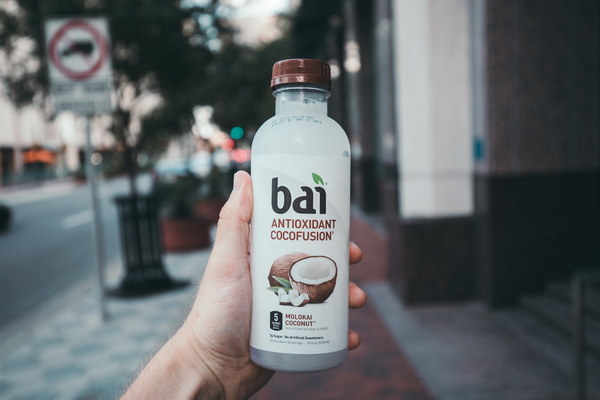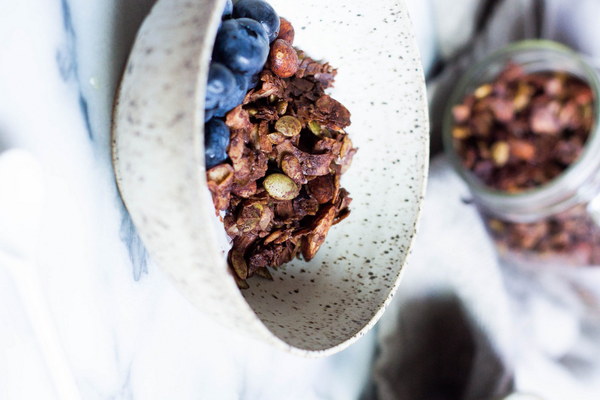Natural Remedies for Phlegm and Lung Congestion Time-Tested Traditional Practices
Introduction:
Phlegm and lung congestion can be quite discomforting and can disrupt daily activities. While modern medicine offers a variety of treatments, many people prefer to turn to natural remedies for relief. Traditional practices have been passed down through generations and offer a holistic approach to treating respiratory issues. This article will explore some time-tested traditional methods for dissolving phlegm and clearing lung congestion.
1. Honey and Lemon:
One of the most popular natural remedies for phlegm and lung congestion is a mixture of honey and lemon. This combination has been used for centuries to soothe the throat and thin mucus. To prepare this remedy, simply mix one tablespoon of honey with a tablespoon of fresh lemon juice and consume it twice a day. This mixture can be taken with warm water or directly.
2. Steam Inhalation:
Steam inhalation is an effective way to clear lung congestion. By breathing in steam, you can help loosen and expel mucus from your respiratory tract. To do this, fill a pot with boiling water and add herbs like eucalyptus, peppermint, or thyme. Drape a towel over your head and lean over the pot, inhaling the steam deeply. Make sure to keep your face at a safe distance to avoid burns.
3. Saltwater Gargle:
A saltwater gargle is a simple and effective traditional remedy for throat irritation and lung congestion. Mix half a teaspoon of salt with warm water and gargle the solution for about a minute. This helps to reduce inflammation, kill bacteria, and thin mucus. Repeat this remedy several times a day for best results.
4. Herbs and Spices:
Certain herbs and spices have been used traditionally to dissolve phlegm and clear lung congestion. Some popular options include:
- Ginger: Ginger has anti-inflammatory properties that can help reduce lung congestion. You can consume ginger in tea form by adding fresh ginger slices to hot water and honey.

- Turmeric: Turmeric contains curcumin, a compound that has anti-inflammatory and antioxidant properties. Mix turmeric powder with black pepper and a bit of water to make a paste, then consume it with warm milk.
- Fenugreek: Fenugreek is known for its expectorant properties. Boil fenugreek seeds in water, strain the solution, and consume it twice a day.
5. Essential Oils:
Essential oils can be used to provide relief from phlegm and lung congestion. Eucalyptus oil, peppermint oil, and tea tree oil are some popular choices. Add a few drops of these oils to a humidifier or diffuser to create a steamy environment that helps thin mucus. Alternatively, you can dilute a few drops of essential oil in a carrier oil and apply it topically to your chest and back.
Conclusion:
Traditional remedies for phlegm and lung congestion have been used for centuries and offer a safe, natural way to alleviate symptoms. By incorporating these time-tested methods into your daily routine, you can experience relief from respiratory issues without relying solely on modern medications. Always consult with a healthcare professional before trying any new treatment, especially if you have underlying health conditions or are pregnant.









